Photo: Anvil Chakma, Amran Hossain, Orchid Chakma, Sk Enamul Haq
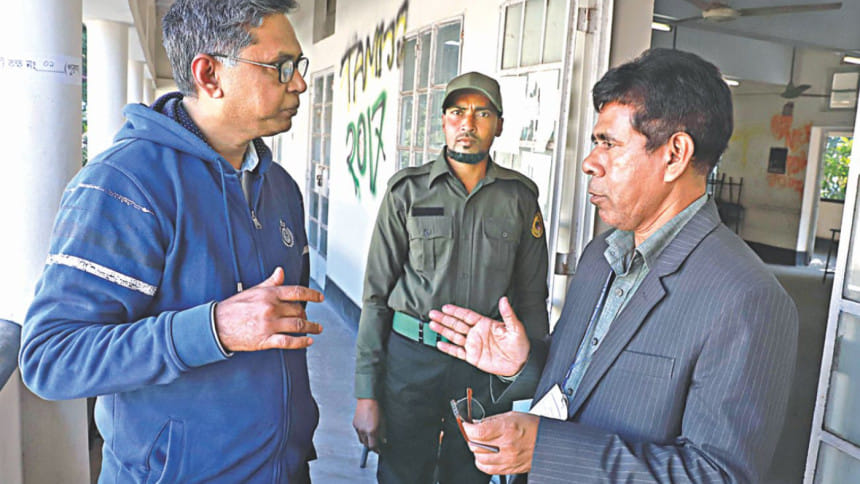
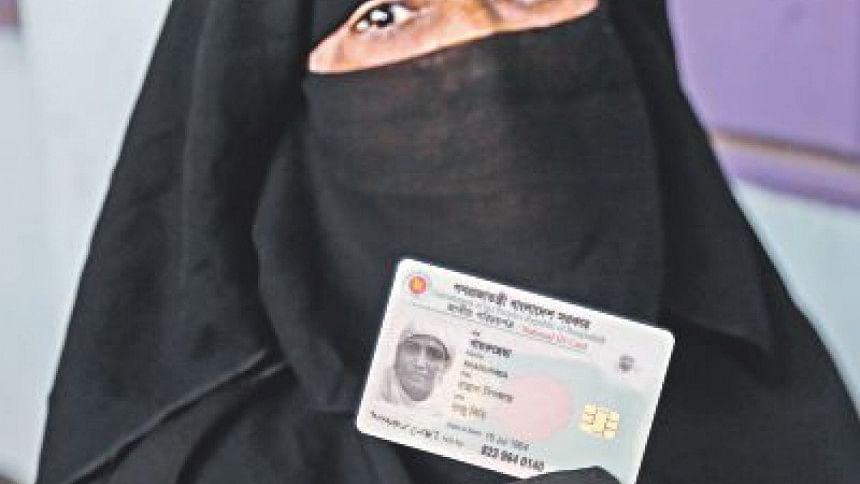
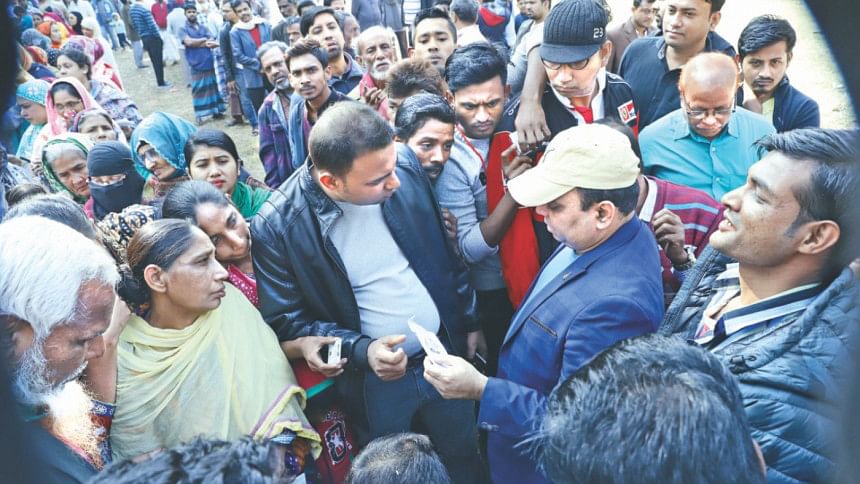
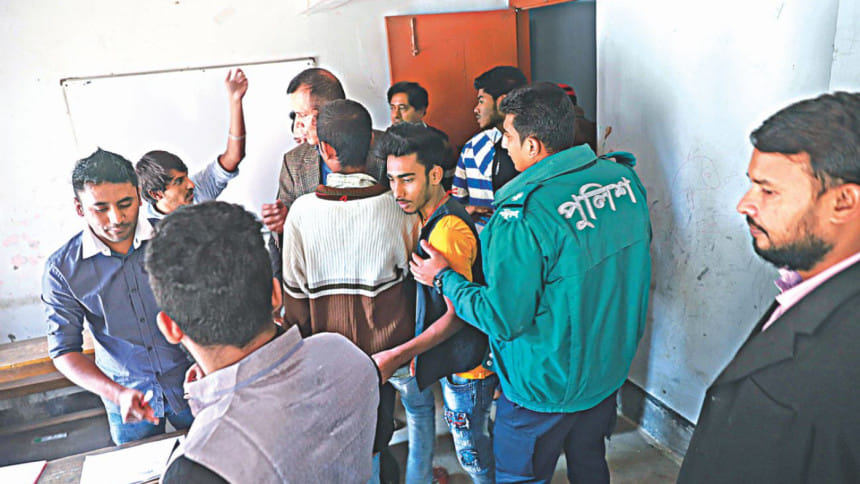
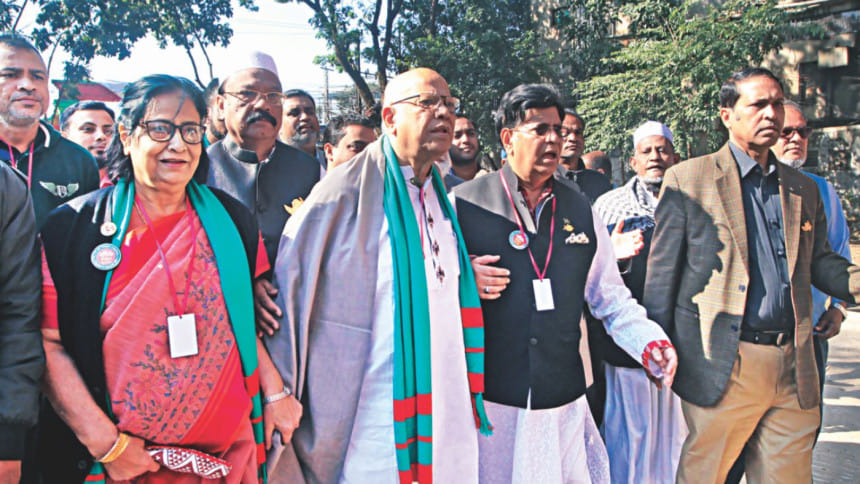
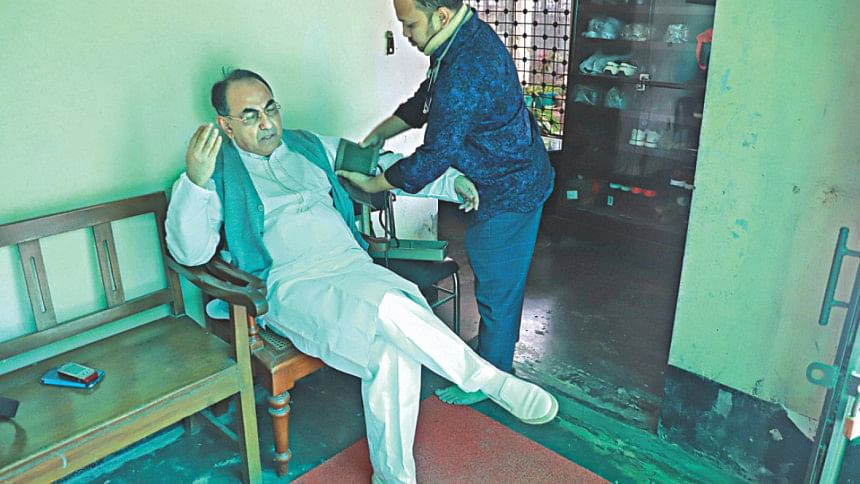


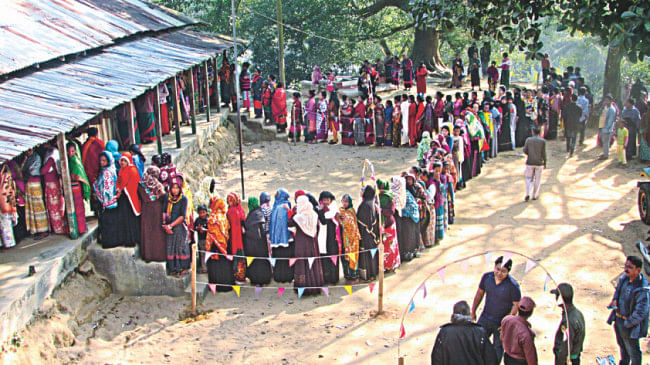
Photo: Anvil Chakma, Amran Hossain, Orchid Chakma, Sk Enamul Haq
The United States has said unlawful or political killings, forced disappearances, life-threatening prison conditions, freedom of speech limitations, negative government pressure on and fear of reprisal by press and media, and impunity for security force abuses were the most significant human rights problems in Bangladesh last year.
US Secretary of State Michael R Pompeo formally released the 2018 Country Reports on Human Rights Practices and delivered on-camera remarks yesterday morning at the press briefing room of US Department of State in Washington DC.
There were reports of widespread impunity for security force abuses last year, while the Bangladesh government took few measures to investigate and prosecute cases of abuse and killing by security forces, said the report.
It also considered a number of rights issues, such as torture, arbitrary detentions, corruption, trafficking, overly restrictive NGO laws, workers' rights, use of the worst forms of child labour, and violence against LGBTI persons; unlawful interference into privacy, censorship, site blocking, peaceful assembly and freedom of association; criminal libel; restrictions on freedom of movement, political participation, trade unions.
On the role of the police and security Apparatus, the US report said though civilian authorities maintained effective control over military and other security forces and the government had mechanisms to investigate abuses and corruption by them, those were not regularly employed.
The report said the government neither released statistics on total killings by security personnel nor took comprehensive measures to investigate them.
In regards to the security forces' continued abuses with impunity, it identified lengthy trial procedures, retribution, and police having ties to ruling party men who occupy key positions in law and enforcement agencies.
“Reluctance to bring charges against police also perpetuated a climate of impunity,” it added.
On elections and political participation, the report termed the December parliamentary elections “lop-sided” and said it was considered to be marred by irregularities, including ballot-box stuffing and intimidation of opposition polling agents and voters.
It said the government mobilised law enforcement resources to level civil and criminal charges against opposition party leaders.
The report also highlighted numerous reports of arbitrary or unlawful killings committed by the government or its agents.
It said Human Rights Support Society (HRSS) reported security forces killed more than 400 individuals in crossfire incidents from January through September. Odhikar, another rights body, reported the number to be 415 from January through October.
The anti-narcotics drive in May resulted in an increase of reported extrajudicial killings relative to last year.
Human rights organisations and civil society contended the drive was a government effort to exert increased political control over the populace before the national election.
The report also highlighted claims that the government made limited efforts to prevent or investigate forced disappearances. HRSS stated there were 58 enforced disappearances from January through September. Odhikar said the number was 83 from January to November.
In terms of freedom of expression, it said the government sometimes failed to respect the right.
There were significant limitations on freedom of speech with self-censorship persisting due to harassment and fear of reprisal.
It said both print and online independent media were active and expressed a wide variety of views; however, media outlets that criticised the government experienced negative government pressure.
Civil society said political interference influenced the licensing process, since all television channel licenses granted by the government were for stations supporting the ruling party.
There were also incidents of journalists coming under attack by ruling party loyalists and intelligence men.
Independent journalists alleged intelligence services influenced media outlets in part by withholding financially important government advertising and pressed private companies to withhold their advertising as well.
In September parliament passed the Digital Security Act, claiming it was intended to reduce cybercrimes. Human rights groups, journalists, media outlets, and political opposition parties denounced the DSA as intended to suppress freedom and criminalise free speech.
Four university students remain missing since they were allegedly picked up by plainclothes men in the capital's Farmgate area on Saturday, the day before national election.
Their families yesterday held a press conference at Crime Reporters' Association Bangladesh, demanding safe return of the youths.
The missing are: Abu Khaled Mohammad Jabed, 25, a third year student of Bangla at Asian University; Borhan Uddin, 26, English student at Stamford University; Rezaul Khalek, 24, final year student of Pharmacy at Manarat University; and Syed Maminul Hasan, 27, former student of a Unani Ayurvedic Medical College.
“We are very anxious about their fate, as we have been out of contact with them for two days,” said Jabed's brother-in-law Yeasin Karim at the press conference.
He urged law enforcers to rescue the youths or to produce them before the court if they were detained for any crime.
Some plainclothes men identifying themselves as law enforcers dragged them out of a bus in Farmgate on their way home in Mirpur-1 after shopping at Aziz Super Market, Yeasin said quoting a friend of theirs who was also in the bus but escaped detention.
“We contacted local police stations and other wings of law enforcement agencies but all denied picking Jabed up,” he said.
The families drew attention of national and international human rights organisations to be vocal for their release.
Contacted, Abdul Baten, additional commissioner (detectives) of Dhaka Metropolitan Police said they did not detain the youths.
Mufti Mahmud Khan, Rab's Legal and Media wing director also said they did not carry out any drive in Farmgate on that day.
After Bangladesh's journey began on the path to becoming a modern democracy in 1991, many expected that electoral democracy would gain a strong footing gradually. But that hope and aspiration stumbled for the first slip at the infamous Magura-2 parliamentary by-polls on March 20, 1994. It became a symbol of a rigged election in the era of democracy, which seemed to have been restored after Ershad's autocratic regime came crashing down.
That by-election brought two issues to the fore: that a free and fair election was not possible under a partisan government, and that the Election Commission was not free at all under a political government. The by-polls helped the Awami League-led opposition parties of that time to intensify their campaign for the introduction of a non-partisan, election-time government.
In the face of a strong campaign launched by the opposition, a caretaker government provision was introduced in the constitution and, subsequently, four national elections were held under non-partisan caretaker governments. Those elections were, by and large, free from the controversy of vote-rigging and ballot-stuffing. But the caretaker government system was annulled from the constitution following a court verdict. And we saw a resumption of the old tactics of vote rigging, with polling centres being run over by party cadres, ousting of polling agents, stuffing and snatching of ballot boxes, and intimidation of voters.
Then came the two controversial national elections of 2014 and 2018. While the BNP boycotted the 2014 election, the 2018 election saw 153 ruling-party-aligned candidates elected uncontested amid widespread allegations of irregularities. There were allegations that ballot boxes were stuffed the night before the election, and the opposition camp lost the election even before voting had begun.
In recent times, we have also witnessed voter turnouts gradually declining, which is surely an ominous sign for democracy.
After around three decades, if we look back at that fateful by-election of Magura, we would realise that the situation has not changed much. It happened again at the Gaibandha-5 by-election. The issue of by-elections came into discussion once again when seven BNP lawmakers – the only BNP candidates who had managed to win in 2018 – resigned. After their resignation, the Election Commission announced the election schedule, and the ruling Awami League and the main opposition in parliament, the Jatiya Party, nominated their respective candidates. But the Brahmanbaria-2 by-poll stole the show as a former BNP leader (after having been expelled from his party), Ukil Abdus Sattar, contested the election as an independent candidate.
Sattar had been elected five times from the constituency and had been state minister as a technocrat. His loyalty to the party was unquestionable. Following an order from the party high command, he had resigned from parliament, but made a surprise turn-around as he decided to contest the by-election as an independent candidate, in turn getting himself expelled from the BNP. The belief held in his constituency is that Sattar is contesting the polls for two reasons – first, he was trapped by the government and second, out of fear that he would not get the party ticket for the next election as he is over 83 years old.
Another reason is that BNP leader Rumeen Farhana has a high probability of getting the party nomination in the next election from that constituency. For Sattar, his political future is almost ending. Many in the constituency have also said that it is actually Sattar's son who is trying to "make his future" through this by-election.
This particular by-election attracted further attention when all three ruling Awami League aspirants – it was open to anyone interested to run – withdrew their candidacy following the directions of party high-ups. It turned out to be a cakewalk for Sattar. On AL's part, it was presumably a good gesture to let a senior politician of the opposing camp have a last hurrah, since he is most likely at the twilight of a long and distinguished career. However, it is so rare that this incident is certain to go down in history as a very likely one-off where the ruling party favoured an opposition candidate.
The ruling Awami League has repeatedly said that the next election will be a free, fair, and inclusive one. BNP sent a strong message through the resignation of its lawmakers, saying that it was not making empty threats when saying that the party would not join any elections under the incumbent government. And Awami League appeared to have countered this with a tactic of sending a message to BNP aspirants, saying they might get an open field if they break away and run during the elections. Then, Awami League could claim the elections to be inclusive and also be certain of retaining office.
It is often said that in politics, there is no last word. Through Sattar's participation, the ruling Awami League will try to prove a few things, particularly that BNP's decision to resign from the parliament was wrong, and will send a message to BNP leaders and aspirants that they may have a chance in the next polls if they betray their party and create a few cracks in what has so far remained steadfast determination. It is perhaps BNP's biggest achievement of the last 15 years that the party remained intact, with none of its stalwarts breaking away. But Sattar's election may have an impact.
But one must wonder whether this move was indeed a good strategy for the ruling party. Is politics just a voting game? Should there not be moral or ideological practices in politics? After all, the one thing politicians must keep in mind is that once someone is labelled as a traitor, it hangs around their neck like the fabled albatross.
BNP had to rig the Magura by-polls in 1994 to back their claim that their popularity had not decreased. Three decades later, the AL took on a different strategy and let an independent candidate win to coax out aspirants from BNP's fold. In 1994, although BNP won the polls, it was defeated in politics. The Awami League might console itself with a self-congratulatory chuckle thanks to Sattar's victory. It might almost seem that the Awami League has manipulated a win in the first skirmish. But will such a stratagem or tactic win them the war?
Mohammad Al-Masum Molla is deputy chief reporter at The Daily Star.
Chief Election Commissioner KM Nurul Huda yesterday rejected the Transparency International Bangladesh report on irregularities in the 11th parliamentary polls, terming the report “baseless”.
Besides the CEC, two ministers criticised the report.
Awami League General Secretary Obaidul Quader, also road transport and bridges minister, called the TIB report a “fairy tale”.
Information Minister Hasan Mahmud said the TIB report was a “deliberate falsehood” and it echoed the speech of opposition alliance -- Jatiya Oikyafront -- regarding the December 30 polls.
On Tuesday, the TIB in its study titled “Review of Election Process of 11th National Election” said irregularities took place in 47 out of the 50 constituencies it surveyed.
It termed the polls “partially participatory, non-competitive, questionable and faulty" and demanded a judicial inquiry into the reported irregularities.
The anti-graft watchdog said ballot papers stamping took place the night before the election in 33 constituencies, stamping ballots openly after occupying booths in 30 seats on the election day and non-availability of ballot papers in 22 constituencies.
The TIB study found ballot boxes filled-up before polling even began in 20 constituencies; voters forced to cast ballots for a particular symbol in 26 constituencies, casting of fake votes in 41 seats, silence of the administration and law enforcing agencies in 42 seats and obstructing and driving out polling agents in 29 seats.
In the 50 constituencies, not all the polling centres necessarily saw the anomalies. Irregularities happened in one or more centres of a seat, the watchdog said.
“We are completely rejecting the TIB report on the election. It is baseless,” the CEC told reporters after an orientation programme of the newly appointed Election Commission officials at the Nirbachon Bhaban in the capital yesterday.
The CEC said there was no similarity of the TIB report with those published in newspapers and accounts of other observers on the voting day.
Information provided by the election enquiry committees, executive magistrates and EC officials and others on the polls also do not match the TIB findings, he said.
The CEC also slammed the TIB's allegation that the EC failed to act neutrally and the role of some polling officers and law enforcement agencies were biased, saying, “The speech is disrespectful ... They should not speak like that.”
He said the commission would not take any step against TIB over its report.
“The TIB has come up with the fairy tale long after the election,” Quader told journalists after an extended meeting of Dhaka South City unit Jubo League at AL's central office on the Bangabandhu Avenue.
“The TIB has cooked up so many imaginary and unbelievable stories. The countrymen will give a reply to the report.”
He termed the December 30 election transparent and excellent.
“Did any agent of BNP and Oikyafront candidates make any objection about the transparency of the election on the voting day?” Quader questioned.
In another development, Information Minister Hasan Mahmud said, “There is no difference between the TIB report and the speech of the Oikyafront. In fact, the TIB just published a report in favour of BNP and Jamaat-Shibir.”
He was addressing a press conference in his Dewanji Pukur Par lane house in the port city yesterday, reports a staff correspondent in Chattogram.
The minister added that though the TIB usually claimed that its reports were based on research findings. But in fact, no proper research was actually done.
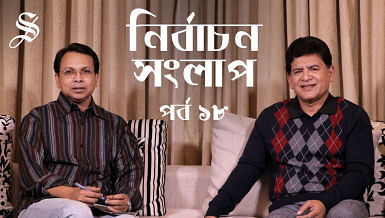
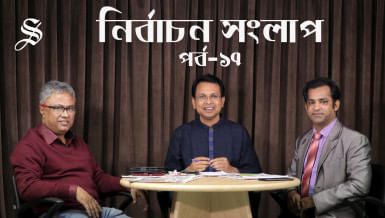
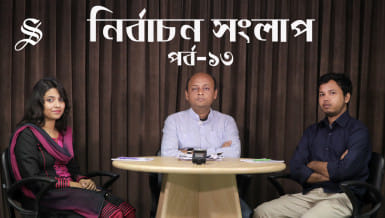
Leave your comments